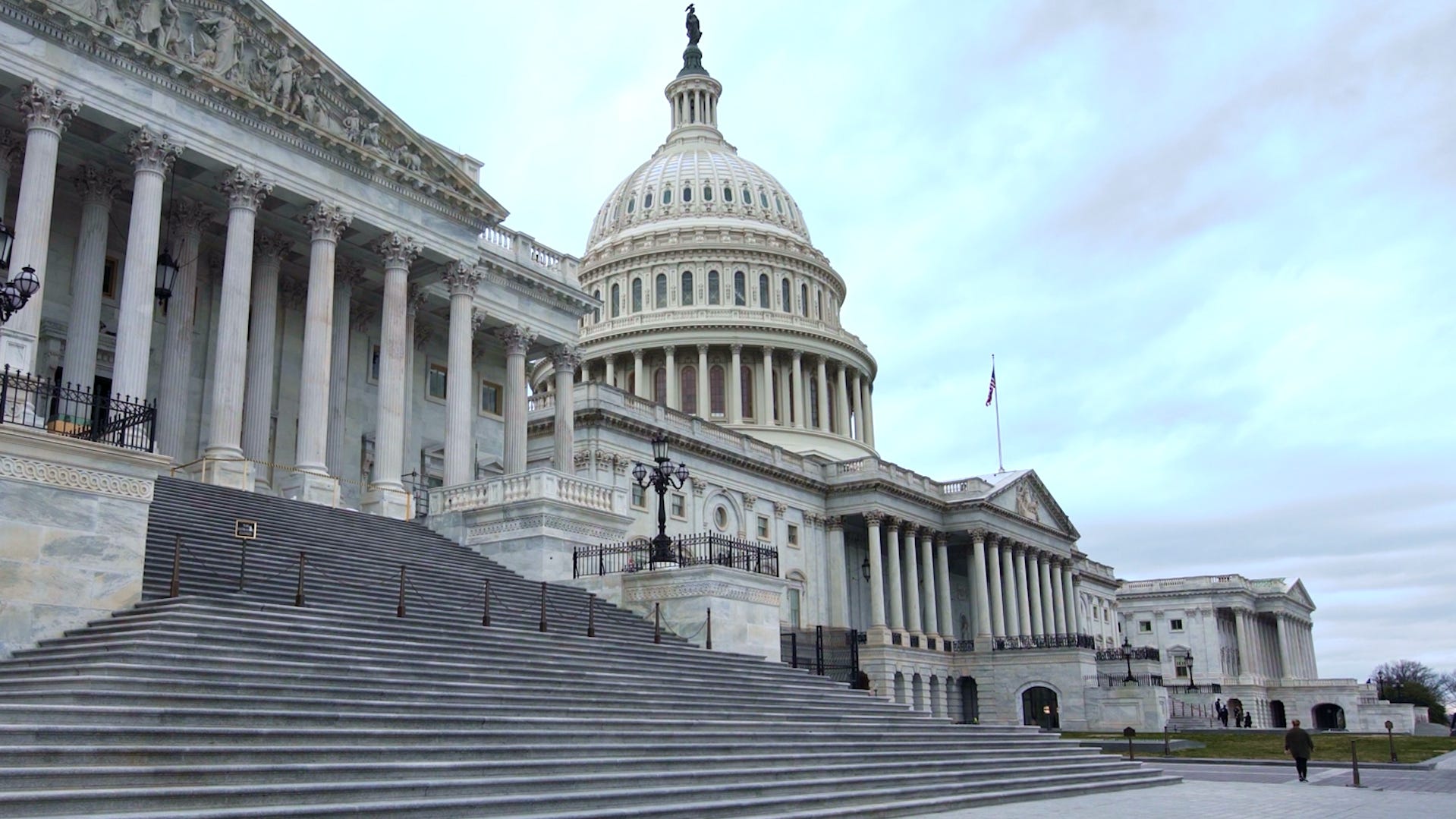Senate Republicans plot changes to House-passed blueprint for Trump's agenda

WASHINGTON – House Republicans’ budget plan to enact President Donald Trump’s agenda has already hit a snag: Senate Republicans.
The upper chamber is already demanding changes to the budget blueprint passed late Tuesday night before they’ll vote on it, which would kick off the process of filling the shell bill with policy.
“Will there be changes in the Senate?” said Sen. John Kennedy, R-La. “The short answer is yes. The long answer is hell yes.”
The House plan sets out a total amount of money Congress can spend on Trump’s priorities and how much it must cut from the federal budget to offset those costs.
The proposal gives lawmakers room to extend Trump’s 2017 tax cuts and implement new ones at a cost of $4.5 trillion. It would also allocate $300 billion for spending on defense and border security and would raise the debt ceiling by $4 trillion over two years.
But it would also necessitate at least $2 trillion in federal cost savings over 10 years. That includes $880 billion from the House Energy and Commerce Committee – an amount that tax policy experts say would likely necessitate cuts to Medicaid, the program that provides health insurance to 72 million low-income Americans.
“I don’t love that,” said Sen. Josh Hawley, R-Mo., who represents a state with 1.2 million residents enrolled in Medicaid. “I will predict to you that that resolution in that form will not be voted on on the Senate floor.”
Sen. Jim Justice, R-W.Va., also said Medicaid is “monstrously important” in his state, where almost 500,000 people are enrolled, but that something needs to be done about the federal deficit.
“I think it’s premature for us to run through the village with our hair on fire,” he said. “We absolutely will watch, and we’re concerned as we should be, but at the same time we all know we’ve got to do something about this mess.”
Sen. Mike Rounds, R-S.D., said Senate Republicans want to “make (Medicaid) more efficient, but not to hurt people.”
Other senators raised concerns about the package’s size: too big, or not big enough.
“I appreciate the efforts, but again it’s just not adequate,” said Sen. Ron Johnson, R-Wis. “Nobody can justify $7 trillion of spending. You can’t justify that now that the (2020 coronavirus) pandemic’s slowing down.”
“All my Republican colleagues probably ran on ‘zero-based budgeting,’ right? They obviously weren’t serious about it,” he added.
But most senators, including Senate GOP leadership, are concerned that the package extends the tax cuts enacted under the 2017 Tax Cuts and Jobs Act but doesn’t make them permanent.
Sen. Ted Cruz, R-Texas, said he would like the tax cuts “bigger and bolder.”
And Sen. Lindsey Graham, R-S.C., chair of the Senate Budget Committee, wrote on X Wednesday morning “I appreciate the House’s efforts” and said he plans to work with them to “strengthen the tax cut provisions by making them permanent in order to meet President Donald Trump's priorities.”
Their responses indicate a lengthy fight to come over the budget resolution. Both chambers will need to agree to the same plan to unlock the process of budget reconciliation, a procedural tool that will allow them to pass Trump’s agenda without the help of Democrats.
Reconciliation bypasses the Senate’s 60-vote filibuster threshold, but the policy must be related to spending or taxation to qualify. Former President Joe Biden also used the strategy when passing his agenda through the Inflation Reduction Act and the American Rescue Plan.